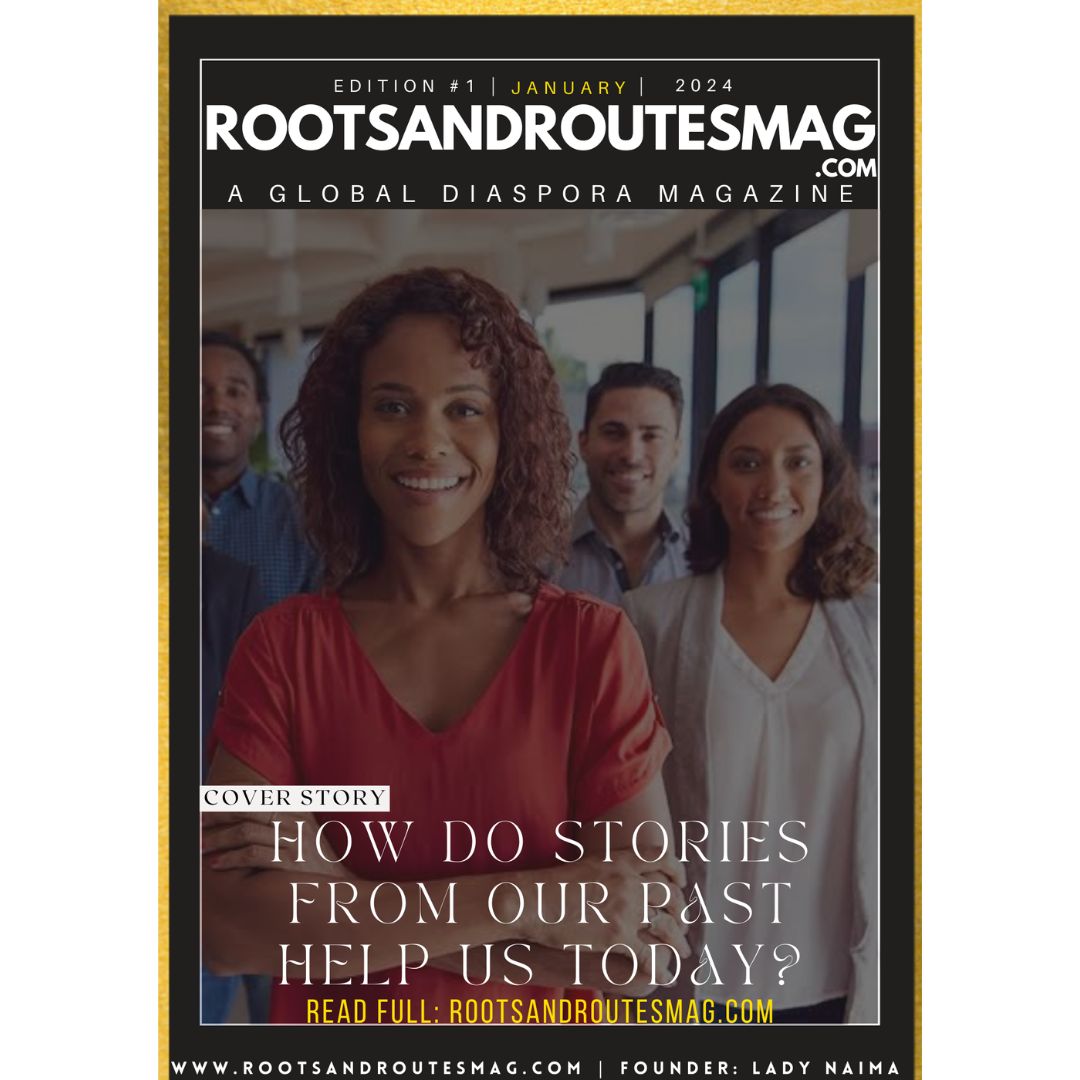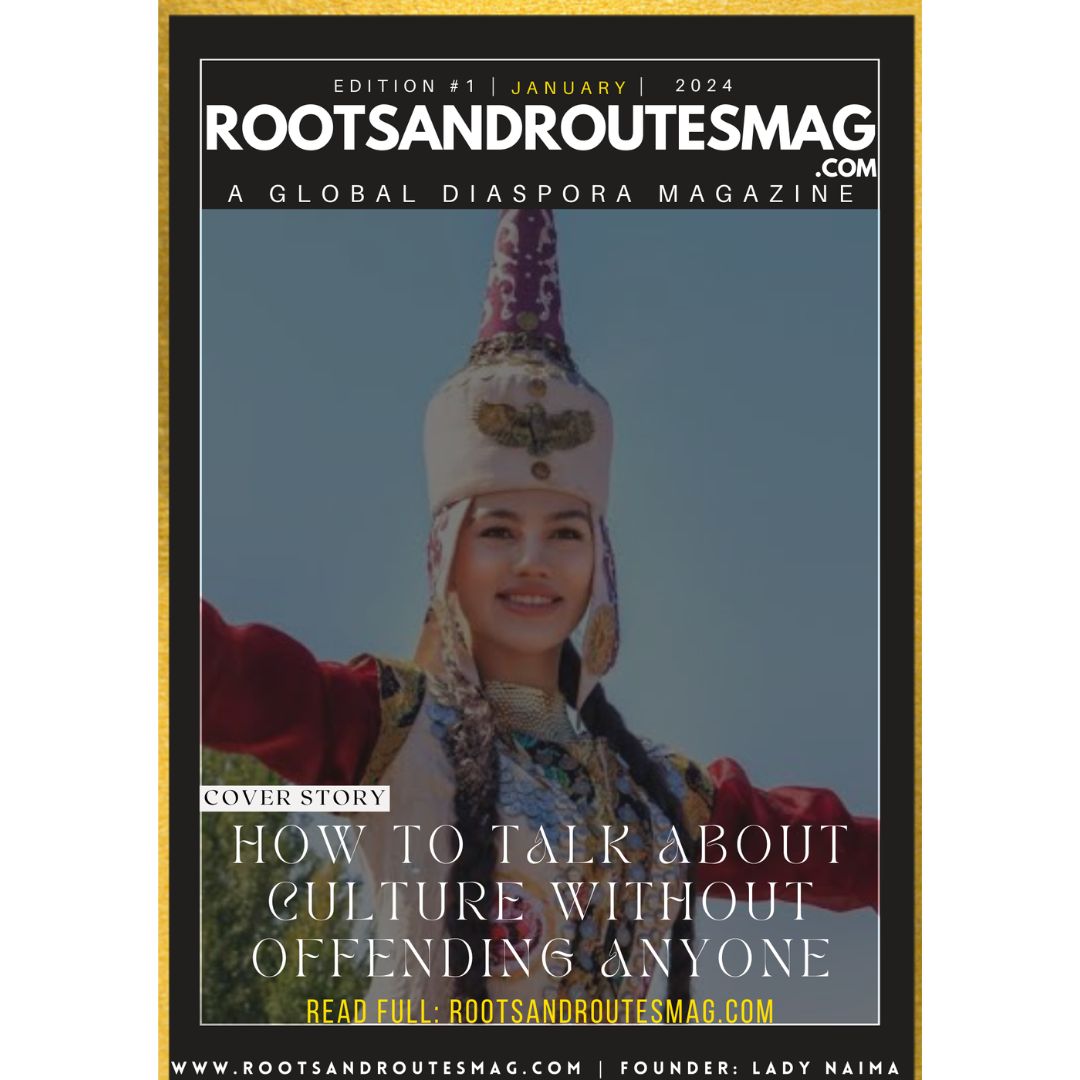Trending Cultural Practices of That You Need to Know About

As we delve into 2024, the cultural landscape continues to evolve, bringing forth new practices and reviving old traditions with a contemporary twist. This year, cultural trends are reflecting a blend of technology, sustainability, and a deeper connection to community and heritage. Here’s a look at some of the most significant cultural practices trending in 2024 that you should know about.
1. Digital Detox Retreats
In an age dominated by screens, digital detox retreats have gained immense popularity. These retreats offer a break from the constant bombardment of notifications and social media, allowing individuals to reconnect with nature and themselves. Participants engage in activities like yoga, meditation, hiking, and creative workshops, all while being disconnected from digital devices. This practice emphasizes mindfulness and mental well-being, helping people to rejuvenate and gain a new perspective on their digital habits.
2. Eco-Ancestral Practices
With a growing awareness of environmental issues, many communities are turning to ancestral practices that emphasize sustainability and harmony with nature. Practices such as permaculture, herbal medicine, and traditional crafting techniques are being revived and adapted to modern living. This trend not only promotes environmental sustainability but also fosters a sense of cultural identity and continuity. Workshops and local groups dedicated to these practices are springing up worldwide, encouraging people to learn and incorporate eco-friendly ancestral methods into their daily lives.
3. Culinary Fusion Festivals
Food continues to be a powerful medium for cultural exchange, and 2024 sees a rise in culinary fusion festivals. These events celebrate the blending of diverse culinary traditions, offering unique gastronomic experiences. Chefs from different backgrounds collaborate to create dishes that combine flavors and techniques from various cultures, reflecting the globalized nature of modern society. These festivals are not just about food but also about storytelling, as they often include cultural performances, cooking workshops, and discussions on food heritage.
4. Virtual Reality Heritage Tours
Advancements in virtual reality (VR) technology are transforming the way we experience cultural heritage. VR heritage tours allow individuals to explore historical sites and immerse themselves in different cultures from the comfort of their homes. These tours provide detailed, interactive experiences, complete with historical narratives and virtual reconstructions of ancient sites. This trend is making cultural education more accessible and engaging, particularly for those who are unable to travel physically.
5. Community-Supported Art (CSA)
Inspired by the community-supported agriculture model, community-supported art (CSA) is becoming increasingly popular. CSA programs involve individuals or groups investing in local artists by purchasing shares in their work. In return, they receive unique pieces of art throughout the year. This practice supports local artists financially and fosters a closer connection between creators and their communities. It’s a grassroots approach to art patronage that emphasizes the value of local culture and creativity.
6. Wellness Through Traditional Practices
There is a growing trend towards integrating traditional wellness practices into modern healthcare. Practices such as Ayurveda, Traditional Chinese Medicine (TCM), and indigenous healing rituals are gaining recognition for their holistic approach to health. People are increasingly seeking out these ancient methods for their focus on balance and prevention, rather than just treatment. Wellness centers and spas offering traditional therapies, such as acupuncture, herbal treatments, and Ayurvedic massages, are seeing a surge in popularity.
7. Cultural Makerspaces
Makerspaces, collaborative workspaces where people gather to create and innovate, are being reimagined to focus on cultural heritage. Cultural makerspaces provide tools and resources for individuals to learn traditional crafts and skills, such as weaving, pottery, and woodworking. These spaces are fostering a revival of traditional craftsmanship and encouraging intergenerational learning. They serve as community hubs where people can connect over shared cultural practices and pass on valuable skills to future generations.
8. Pop-Up Cultural Events
Pop-up cultural events are dynamic, short-term happenings that bring cultural experiences to unexpected places. These events can include pop-up museums, street performances, art installations, and food markets. They are characterized by their spontaneity and ability to transform ordinary spaces into vibrant cultural hotspots. Pop-up events are an exciting way to make culture accessible to a wider audience and to breathe new life into public spaces.
Conclusion
The cultural practices trending in 2024 reflect a deepening appreciation for sustainability, heritage, and community connection. From digital detox retreats to VR heritage tours and community-supported art, these trends highlight a desire to blend the old with the new, creating enriching experiences that honor tradition while embracing modernity. As we move forward, these cultural practices are likely to shape our collective identity, offering meaningful ways to engage with our world and each other.

Tariq Riaz is a passionate web developer and content generation expert.









